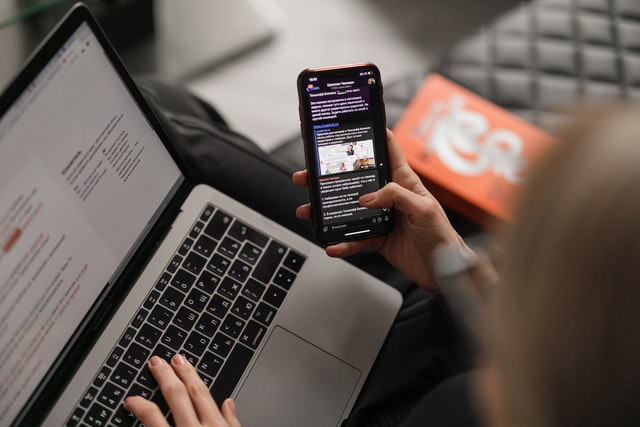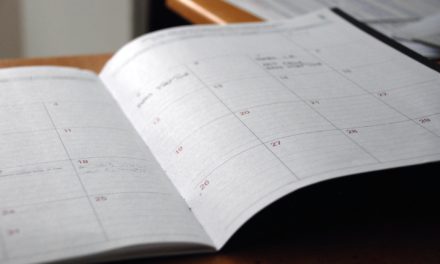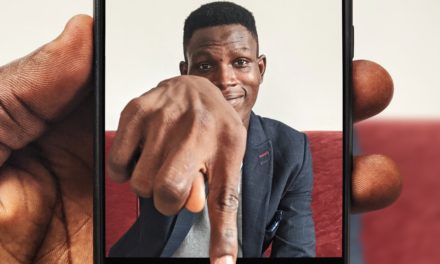I I was a late adapter to smartphones, as I was skeptical of what I observed in people who jumped on the bandwagon. I’ve seen friend’s eyes glaze over while they stare at their screens instead of focusing on those around them. The other ubiquitous trend is for people to compulsively open their phones whenever they have more than a few seconds wait for anything…elevator, dental appointment, or the end of an ad break.
I’m hardly immune myself, I noticed a few times I was doing the same whenever watching an episode of a TV show that had a dull scene. That leaves me curious if there’s any actual evidence of cell phones causing harm, and a recently published study titled “Memory failure predicted by attention lapsing and media multitasking” gives some interesting perspective.[1]Madore, Kevin P., Anna M. Khazenzon, Cameron W. Backes, Jiefeng Jiang, Melina R. Uncapher, Anthony M. Norcia, and Anthony D. Wagner. “Memory Failure Predicted by Attention Lapsing and Media … Continue reading I’ve written before about the link to cells phones and how easily hypnotized you are, and this further builds the case for moderation in your phone use.

Laptop on the left, cell phone on the right…how attentive can you really be while doing that?
The paper itself focused on digital media. Earlier studies already show a link between jumping back and forth between mass media and poor working memory performance. This test took it a step further by checking if this also hurt goal-oriented behavior. They then used an EEG and tracked their pupil measurements to get insight into the mind behind those glazed over eyes, which they paired with memory tests. For this test, they focused hard on what they call MMT, or “mass media multitasking.”
What Is Media Multitasking?
Still, MMT is quite an umbrella word. That paper doesn’t say exactly what counts, but they cite a source that gets deep into it. Here’s the list that they presumably used for MMT, taken from the paper “Cognitive Control in Media Multitaskers”:[2]Ophir, Eyal, Clifford Nass, and Anthony D. Wagner. “Cognitive Control in Media Multitaskers.” Proceedings of the National Academy of Sciences 106, no. 37 (September 15, 2009): 15583–87. … Continue reading
- Print media (books, magazines, etc.)
- Watching TV
- Watching YouTube and online streaming services
- Listening to music
- Listening to ambient noise
- Playing video games
- Talking on the phone
- Instant messaging (IE Skype)
- Text messaging
- Answering email
- Web surfing
- Using other programs like a word processor
To determine if someone is a heavy media multitasker, they checked how often they did these activities simultaneously. Have you ever answered a text while watching an episode of TV? Responded to an email while a YouTube video plays in the background? And so on. The test subjects self-assessed how much MMT they did, so this has the usual weaknesses of self-reporting surveys. Still though, the results are consistent enough to take seriously.
The Link to Memory
The researchers measured how well subjects stayed vigilant, then noted that when their attention lapsed, so too did their short-term memory performance. Their wandering eyes impacted how well they did on hits and misses in the test. Interesting, this didn’t affect their results later in the test, so perhaps their focus caught up throughout the exercise. The concern though is that weaker performance up front will lead to you remembering less in long term memory, despite your short-term scores eventually evening out.
The problem is that the heavier multitaskers consistently showed these issues, both in the physical tests (the EEG and the pupil monitor) and in their test scores. There’s a cause-and-effect issue at play…do people with naturally lower sustained attention do more multitasking naturally, or does the fact they do so much media multitasking cause them to perform worse? The researchers went as far as to state that heavier multitasking is associated with not paying attention and forgetting, but they don’t have a definitive answer. They point out we need more research to nail whether this is a cause or effect situation. Unfortunately, that’s common just like the muddled correlation and causation issue with supplements.
It’s hard to say for sure how that question is going to be answered. It might be like the hypnosis research, where it’s unlikely using your smart phone all the time is going to literally make you easier to put into a hypnotic trance. At the same time, going through life paying half-attention to everything is going to hold you back. When you’re trying to learn something, or simply be a good friend and be present in a conversation, you should try to be mindful and keep the cell phone in your pocket. And hey, this is something I need to watch out for too, I know the temptation to whip it out anytime I have 10 seconds of downtime. Until I know for sure if that’s harming me or not, I’m going to be careful and minimize my use.
References
| ↑1 | Madore, Kevin P., Anna M. Khazenzon, Cameron W. Backes, Jiefeng Jiang, Melina R. Uncapher, Anthony M. Norcia, and Anthony D. Wagner. “Memory Failure Predicted by Attention Lapsing and Media Multitasking.” Nature 587, no. 7832 (November 2020): 87–91. https://doi.org/10.1038/s41586-020-2870-z. |
|---|---|
| ↑2 | Ophir, Eyal, Clifford Nass, and Anthony D. Wagner. “Cognitive Control in Media Multitaskers.” Proceedings of the National Academy of Sciences 106, no. 37 (September 15, 2009): 15583–87. https://doi.org/10.1073/pnas.0903620106. |





